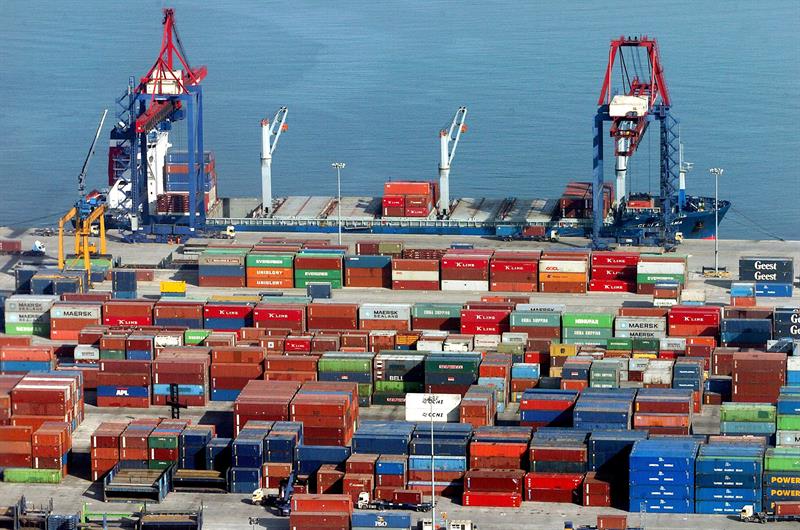Rome, November 9 (EFE) .- The global bill for importing food will rise this year by 6%, to 1,413 billion dollars (about 1,200 billion euros), despite the good supply of basic foods in the markets.
The UN Food and Agriculture Organization (FAO) said today in a report that the cost of these imports will reach the second highest level of the historical series, after the 2014 peak.
"Higher bills do not necessarily translate into more food since the import cost has skyrocketed," he said. In a note the economist of the agency Adam Prakash.
Influence the increase of tariffs for the transport of merchandise, the strong international demand and the more stable prices of the most of the basic food products.
This food bill is especially worrisome in the less developed countries, which could see spending increase this year by 10%. % compared to 2016 and including some in sub-Saharan Africa.
Those countries will have to allocate more resources to meet their food deficit, especially in the In the case of cereals, said the FAO, which considered that local production there has not been sufficient to contain the cost in imports.
At a general level, world production of Wheat in 2017 will be below the historical levels of last year, although there will be a significant supply and reserves will grow for the fifth consecutive season.
FAO also It is estimated that the production of coarse grains such as corn will be record and the supply of rice will continue to be greater than the amount used, despite some episodes. adverse weather.
The oil market will maintain a stable production this year, while the meat and dairy products will increase, according to forecasts.
In addition, all fishery products have become more expensive due to the increase in demand as a result of the improvement of the global economy, which has more than compensated for the increase in offer.
The report makes special reference to the growing exchange of tropical fruits such as mangoes, pineapples, avocados and papayas, which together will add exports this year worth 10,000 million dollars (about 8,620 million euros).
Some foreign sales encouraged by the latest innovations to distribute them, signed trade agreements, the increase of the population and the change of the tastes of the consumers with more purchasing power.


Comments 0